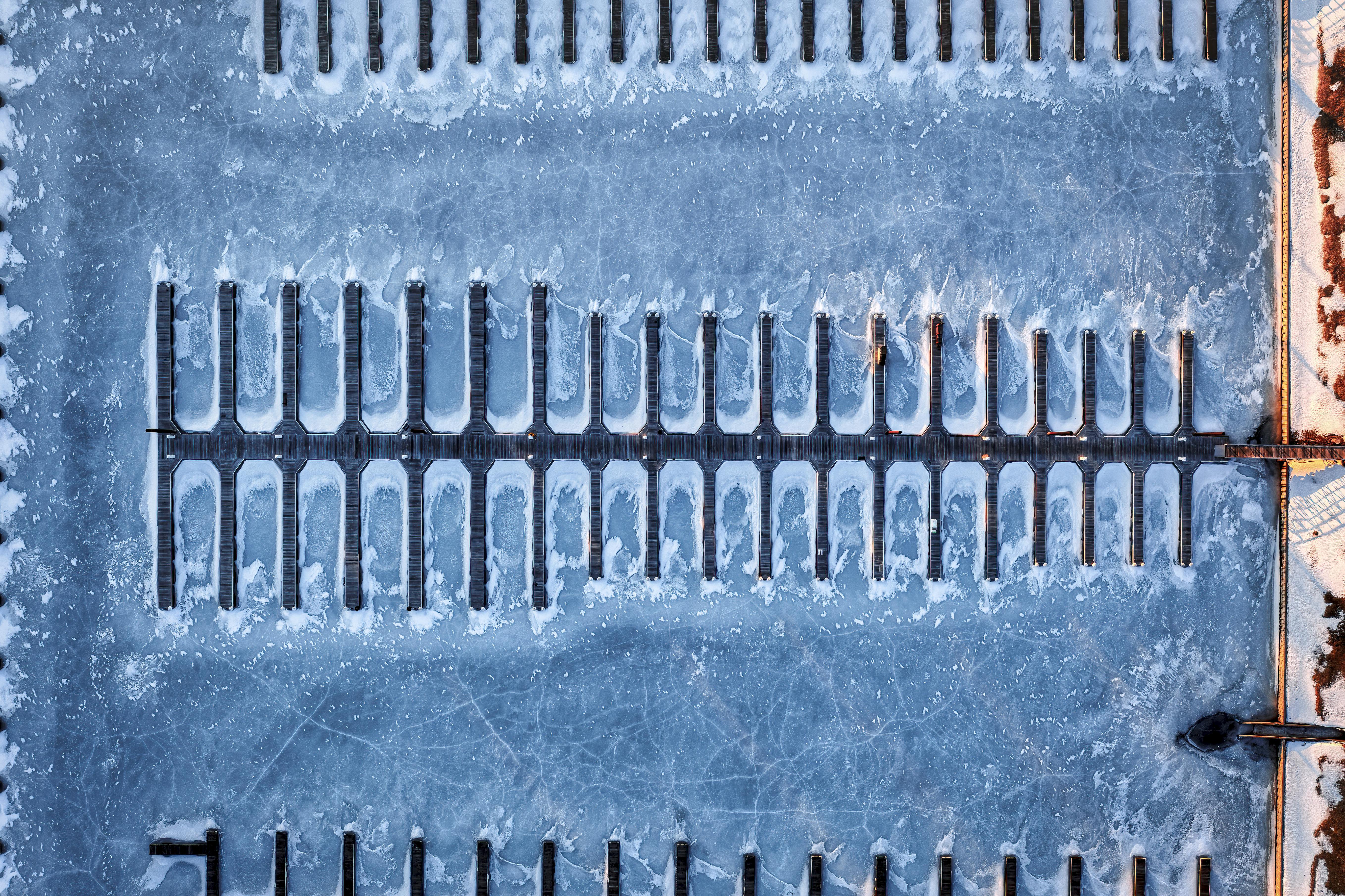Distilled water is a popular choice for many people who want to stay hydrated. But does drinking distilled water make you dehydrated? This article will explore the potential health benefits and risks of drinking distilled water, including whether or not it can lead to dehydration. It will also look at other factors that may affect hydration levels and provide tips on how to stay hydrated.No, drinking distilled water does not make you dehydrated. Distilled water is pure water that has been boiled and condensed back into liquid form. While it does not contain any electrolytes or minerals, it still provides the body with the essential hydration it needs. As long as you are drinking enough fluids throughout the day, including both plain and flavored waters, you should stay adequately hydrated.
Is Distilled Water Healthier Than Tap Water?
Distilled water is water that has been boiled and condensed back into liquid form. This process removes all impurities, including minerals, salts, and other contaminants. Tap water is water that comes from a municipal source such as a river or lake. It can contain chlorine, fluoride, and other chemicals used to treat the water for safe drinking. Both types of water have their pros and cons when it comes to health.
Distilled water is considered to be the purest form of water available as it has no minerals or contaminants present. This makes it ideal for those who are concerned about ingesting certain chemicals in their drinking water. However, it has been suggested that drinking distilled water long-term can lead to mineral deficiencies due to the lack of essential nutrients present in the water.
Tap water on the other hand contains minerals and other compounds that are beneficial for health such as calcium and magnesium which are important for bone health. Additionally, tap water also contains fluoride which helps protect teeth from decay. However, tap water can also contain contaminants such as lead or pesticides which can be harmful if ingested in large amounts over time.
Benefits of Distilled Water
Distilled water has many advantages over regular tap or filtered water. It is extremely pure and free of contaminants, including bacteria, viruses, and chemicals. It also has a neutral pH level, meaning it is neither acidic nor alkaline. This makes it ideal for drinking, cooking, and other uses where purity is important. Additionally, distilled water is free of minerals that can cause hard water buildup in pipes and appliances. It also does not contain any metals or other inorganic compounds that can affect the taste or smell of the water.
Another benefit of distilled water is its lack of chlorine and other contaminants that can be found in regular municipal supplies. Chlorine can give a bad taste to drinking water as well as affect the health benefits from it. Distilled water does not contain any chlorine or other harmful compounds, making it safer for consumption than regular tap water.
Finally, distilled water does not contain fluoride like many municipal supplies do. Fluoride has been linked to a number of health concerns such as tooth decay and bone weakening. By avoiding this chemical compound altogether with distilled water, people can reduce their exposure to potential
Is Distilled Water Safe to Drink?
Distilled water is water that has been boiled and then condensed into a clean container, leaving any impurities behind. This process removes most minerals, bacteria and other contaminants, making it one of the purest forms of drinking water available. Because of this, many people believe that drinking distilled water is safe and even beneficial to health. However, some research suggests that it may have certain drawbacks as well.
The main benefit of drinking distilled water is its purity. Since most contaminants are removed during the distillation process, it can be a healthier option than tap or bottled water. This may be especially important for people with weakened immune systems or those who live in areas with high levels of pollutants in their tap water. Additionally, distilled water does not contain fluoride like tap or bottled water does, which some people prefer.
On the other hand, some experts suggest that drinking distilled water can actually deplete the body of essential minerals like calcium and magnesium over time. This is because these minerals are removed during the distillation process and are not replaced when you drink the water. Additionally, since distilled water does not contain any
Distilled Water vs Tap Water
Distilled water and tap water are two different types of water that have some distinct qualities. Distilled water is produced by boiling water and collecting the steam, which is then condensed back into a liquid. Tap water is the same as regular drinking water, taken from a public supply or from a private well. Both types of water have their own advantages and disadvantages, so it’s important to know the difference between them before deciding which one is right for you.
Distilled water has been boiled to remove impurities, such as minerals, bacteria, and other contaminants that may be present in tap water. This makes it much purer than regular drinking water and can be used for various purposes. It’s often used in medical settings, as well as in car batteries, steam irons, humidifiers, and more. Some people also prefer to drink distilled water because it tastes cleaner than tap water.
On the other hand, tap water is taken directly from public supplies or private wells and does not go through any additional purification process like distilled water does. This means that tap water may contain minerals or other impurities

Does Distilled Water Have Any Nutrients?
Distilled water is water that has been purified through a distillation process. The process removes impurities, including any nutrients found in the original water source. As a result, distilled water does not contain any significant amount of nutrients such as minerals, salts or vitamins. It is essentially pure H2O with nothing else added.
Distilled water is often used for medical purposes and in laboratories because it is free of potentially harmful contaminants and particles which can interfere with sensitive experiments and treatments. It is also used by many people for drinking and cooking since it has a neutral taste and does not contain any minerals or other substances that could affect the flavor of food or drinks.
While distilled water does not have any nutrients, it still provides essential hydration to the body to help maintain health. Drinking enough fluids helps the body to function properly and can prevent dehydration which can cause headaches, fatigue, dizziness and other health issues.
In general, distilled water is safe to drink when consumed in moderation but some experts suggest that people still need to get their daily recommended intake of minerals and vitamins from other sources such as food or dietary
How Does Distilled Water Affect Your Hydration Levels?
Distilled water is an increasingly popular option for hydration, but how does it affect your hydration levels? Distilled water, which is essentially water that has been purified by boiling and vaporization, removes impurities and contaminants. The process of distillation also removes minerals, making distilled water a “pure” form of water.
This can be beneficial in some cases, since it means that there are no additional elements in the water to interfere with digestion or absorption. However, it also means that distilled water does not contain any electrolytes or minerals, which are essential for proper hydration. Since electrolytes and minerals help regulate hydration levels in the body, the lack of them in distilled water can lead to dehydration if too much is consumed.
It’s important to note that drinking distilled water alone will not cause dehydration; however, if you rely solely on it as your primary source of hydration over an extended period of time, you may be at risk for dehydration due to the lack of minerals and electrolytes. Additionally, children and athletes who need extra fluids may not get enough electrolytes
Tap or Distilled Water: Which is Better?
When it comes to deciding which type of water is best for drinking, it is important to consider both the benefits and drawbacks of each. Tap water has been treated with chemicals such as chlorine to make it safe for drinking, but this also means that it can contain traces of metals and other contaminants. Distilled water, on the other hand, is free from most impurities but may contain trace minerals in its pure form.
Tap water has many advantages over distilled water. It is generally less expensive and more widely available than distilled water, making it a great choice for those on a budget or who need access to large amounts of clean drinking water quickly. Tap water also usually contains beneficial minerals such as calcium, magnesium, and potassium that can help to keep the body healthy.
Distilled water has some advantages over tap water as well. Since it has been through distillation process to remove any impurities or contaminants, it is generally considered much cleaner than tap water and can be a good choice for those with sensitive stomachs or allergies. Additionally, since there are no minerals present in distilled water, it can be used in

Conclusion
Although drinking distilled water isn’t necessarily bad for you, it won’t help you stay hydrated as much as drinking other types of water. While distilled water does not contain any of the minerals that are found in regular water, it also lacks electrolytes and other essential nutrients that can help keep your body hydrated. Therefore, if you’re looking to stay hydrated, it’s best to drink other types of water and include bottled or tap water in your diet.
Ultimately, the answer to the question “Does Distilled Water Make You Dehydrated?” is no. However, if you’re looking to stay properly hydrated on a daily basis, it’s important to make sure you’re drinking other types of water that can provide your body with essential minerals and electrolytes.

